In this planting guide, we’ll explain what to plant in spring in Australia, so you can make the most of September, October, and November!
What to Plant in September
As some areas of the country may still be a little cool, start your summer veggies such as capsicum seeds, tomato seeds, chilli seeds, and cucumber seeds in warm areas like your windowsills. Fortunately enough, we have windowsill greenhouse kits which come in many varieties that are perfect for this purpose.
If the frost has passed in your area, make sure you get your cucumbers, tomatoes, sweetcorn seeds, melon seeds, and zucchini seeds in the ground for a nice early crop. Whether it’s a blue lake, butterbean, scarlet runner, or even a Borlotti bean, now is a great time to get your favourite bean seeds in the ground.
Remember to plant some coloured magnificence such as sunflower seeds, petunia seeds, zinnia seeds, and even marigold seeds, too. Marigolds are great planted near your vegetables as they can help deter insects and you can also add the petals to salads.
Don’t forget about your potted beauties indoors and out, as they need some tender loving care too. Some plants may have outgrown their current pots, for example, or just need an extra boost of nutrients. Either top up the pots or replant them into another pot using a good potting mix and a slow-release fertiliser. If the root systems are getting out of control, give them a little trim before replanting and remember to look after your hanging baskets as well.
Starting a compost heap will be your garden’s best friend, generally made up of things like banana peels, coffee grounds, citrus rinds, potato skins and apple cores, all of which provide the necessary nutrients for your crops. These nutrients are slowly released to plants throughout the season without using harsh chemicals.
Also, bulbs such as oriental lily bulbs, dahlia tubers, hippeastrum bulbs, and calla lily bulbs can be purchased in early spring and planted in time for a summertime display.
Many of your favourite salad vegetables should be grown quickly for best results and plants should be watered regularly and fed every 2 weeks with an all-purpose liquid fertiliser. It’s also advisable to add mulch around your plants to keep weeds at bay and retain soil moisture.
What to Plant in October
There is a wide variety of vegetable seeds that can be sown in October including beans, beetroot seeds, carrot seeds, eggplant seeds, leek seeds, lettuce seeds, pumpkin seeds, and radish seeds. You can also grow capsicum, tomato, watermelon, zucchini, and sweetcorn in October as it provides the perfect combination of warmer soil and ambient temperature.
Now that soil temperates are warming and the risk of frost is gone, it’s time to plant out any seedlings you started indoors in August and September. It’s also not too late to sow capsicum seeds, tomato seeds, watermelon seeds, zucchini seeds and sweet corn seeds for late summer harvest.
Many of your favourite salad vegetables should be grown quickly for best results and plants should be watered regularly and fed every 2 weeks with an all-purpose liquid fertiliser. It’s also advisable to add mulch around your plants to keep weeds at bay and retain soil moisture.
October is the ideal time to sow all herb seeds, too, and all your favourites thrive at this time of year. Most will allow first pickings in as little as 6-8 weeks and provide an abundance throughout the summer and following autumn.
It’s also a great time to sow flowers from seed. Popular varieties include alyssum, asters, cosmos, nasturtium, and salvia seeds as well as balsam, coleus, gerbera, marigolds, petunia, portulaca, sunflower, and zinnia seeds.
Propagated seedlings of mesembryanthemum, statice, carnation, gypsophila, and phlox can now be planted into your flower beds, ensuring a mass of colour in the coming months.
What to Plant in November
In temperate and cool climates, the next few months might be very dry, so November garden duties are based on water management.
Like the tropical climates, applying a soil wetting agent would be beneficial. Rather than preparing for heavy downpours, this is to ensure that any rain makes it to where it is needed most, the roots, and doesn’t sit on top of the soil surface for the sun to evaporate.
This is also why it is important to keep your garden beds well mulched to keep your soil moist, stop the sun from causing large-scale evaporation, and provide much-needed organic materials throughout the summer. If you have hydrophobic soil (water-repellent), check out our hydrophobic soil treatment guide.
In November, you can also prune your spring flowering plants that are starting to finish their flowering. It may also be time to remove your spring annuals if they no longer look attractive. November is still a relatively mild month, which provides an opportunity to get all your summer annuals growing, such as marigolds, which begin blooming in as little as 3 weeks after sowing and continue to produce bright orange and yellow flowers right through to autumn.
If you have plants that flower from spring through summer, continue to remove the spent flowers which will encourage most plants to flower again.
Make sure you are watering your garden regularly, as the heat will devastate vegetables that are low on water. Good watering will significantly help in achieving a healthy vegetable garden this summer.









































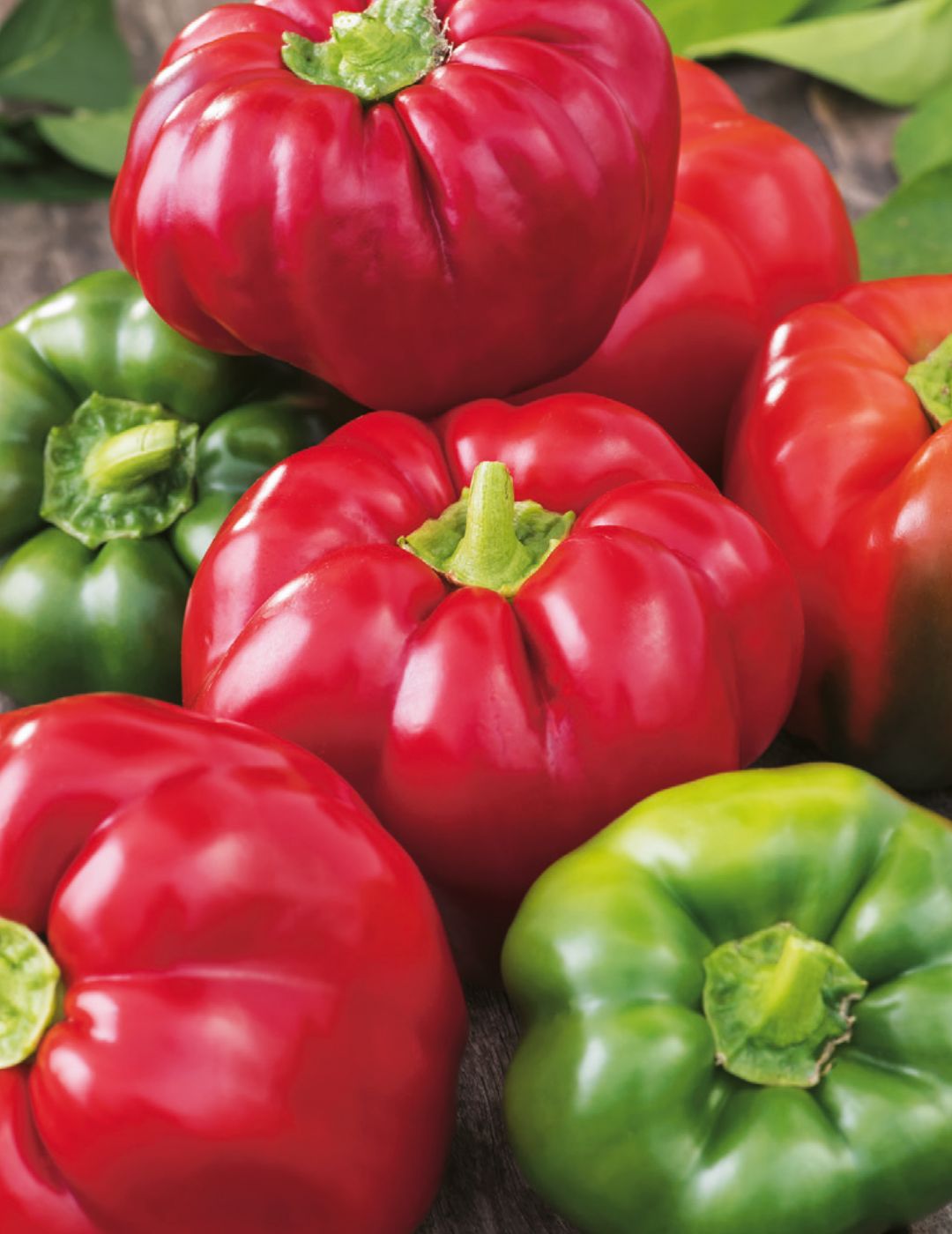
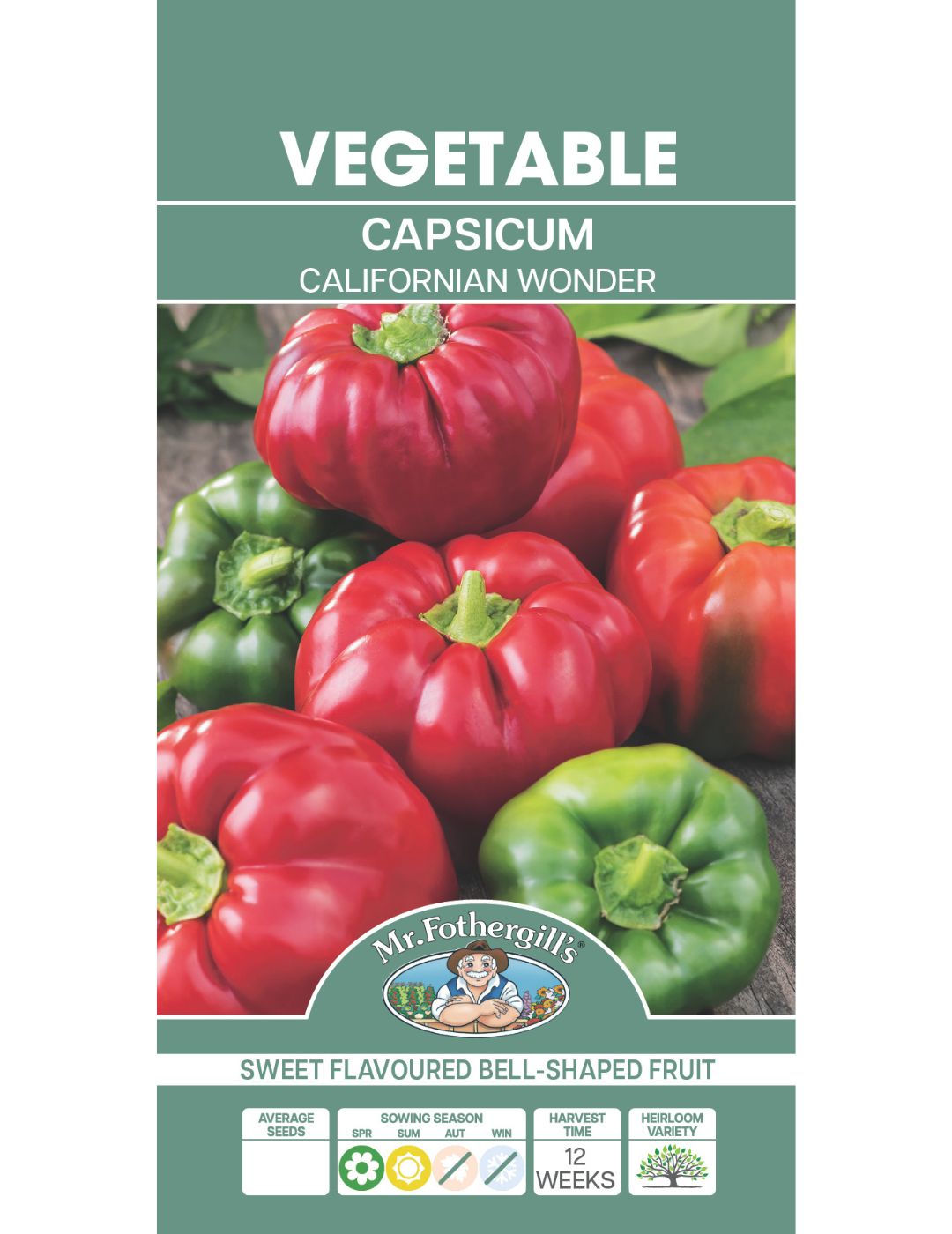
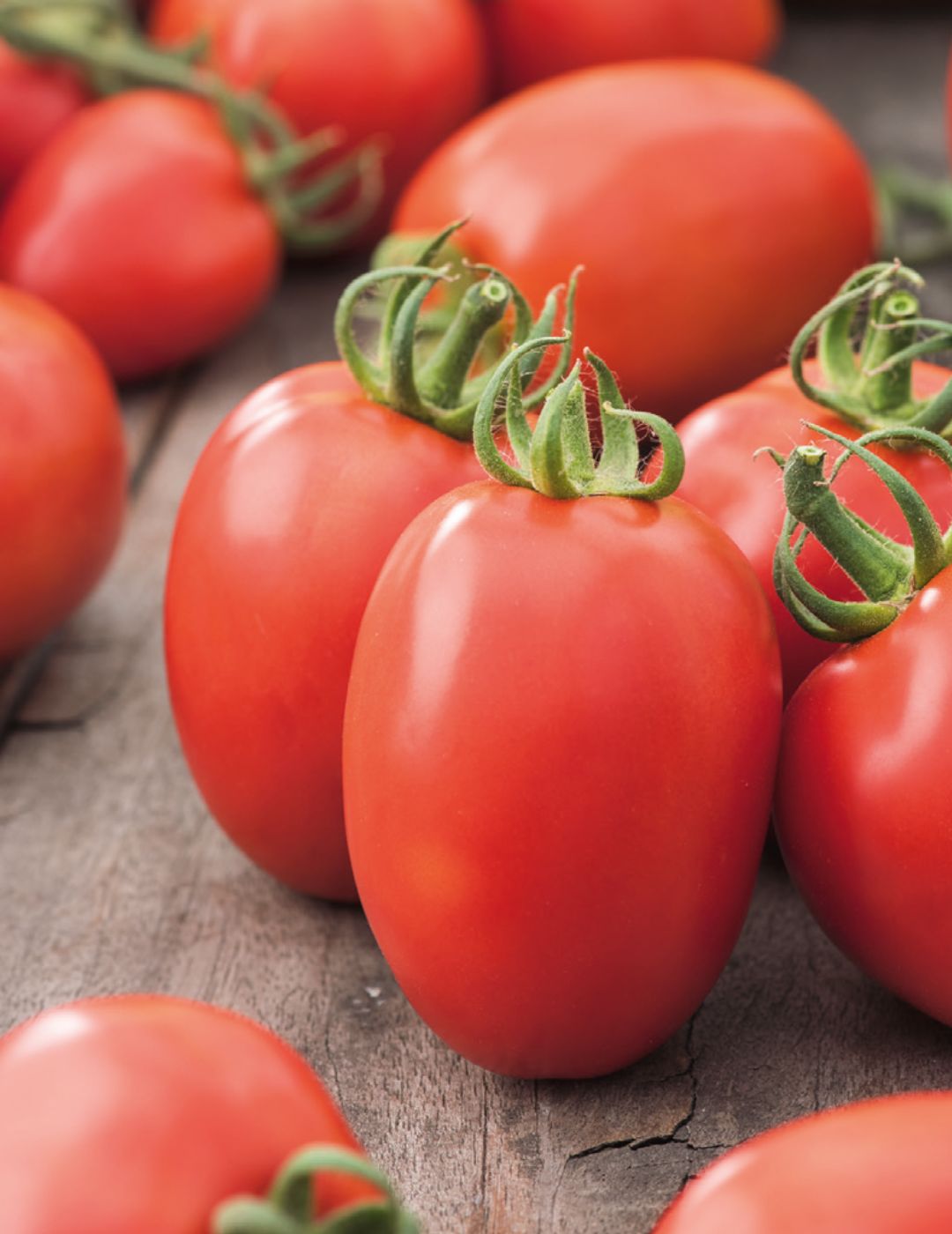
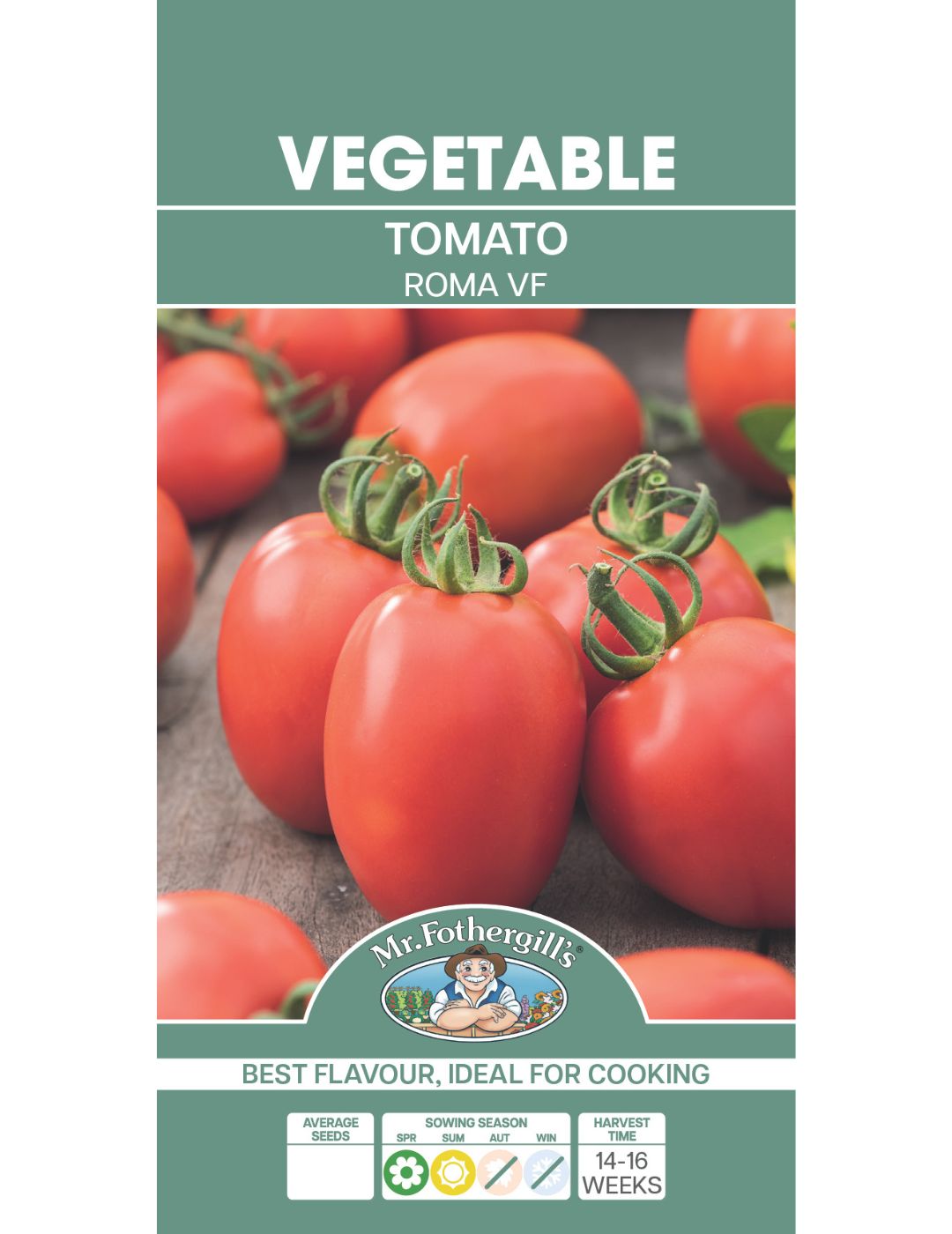

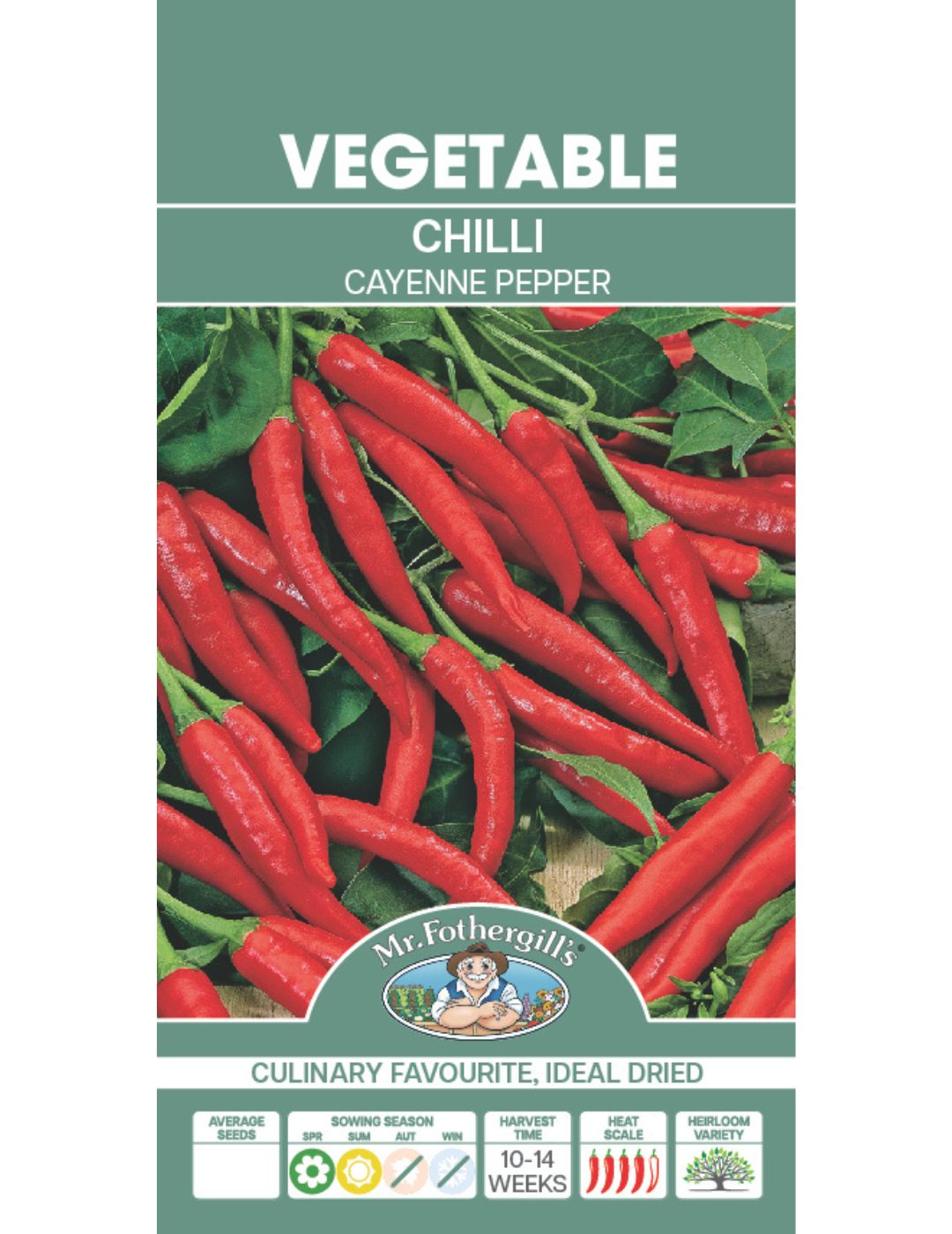
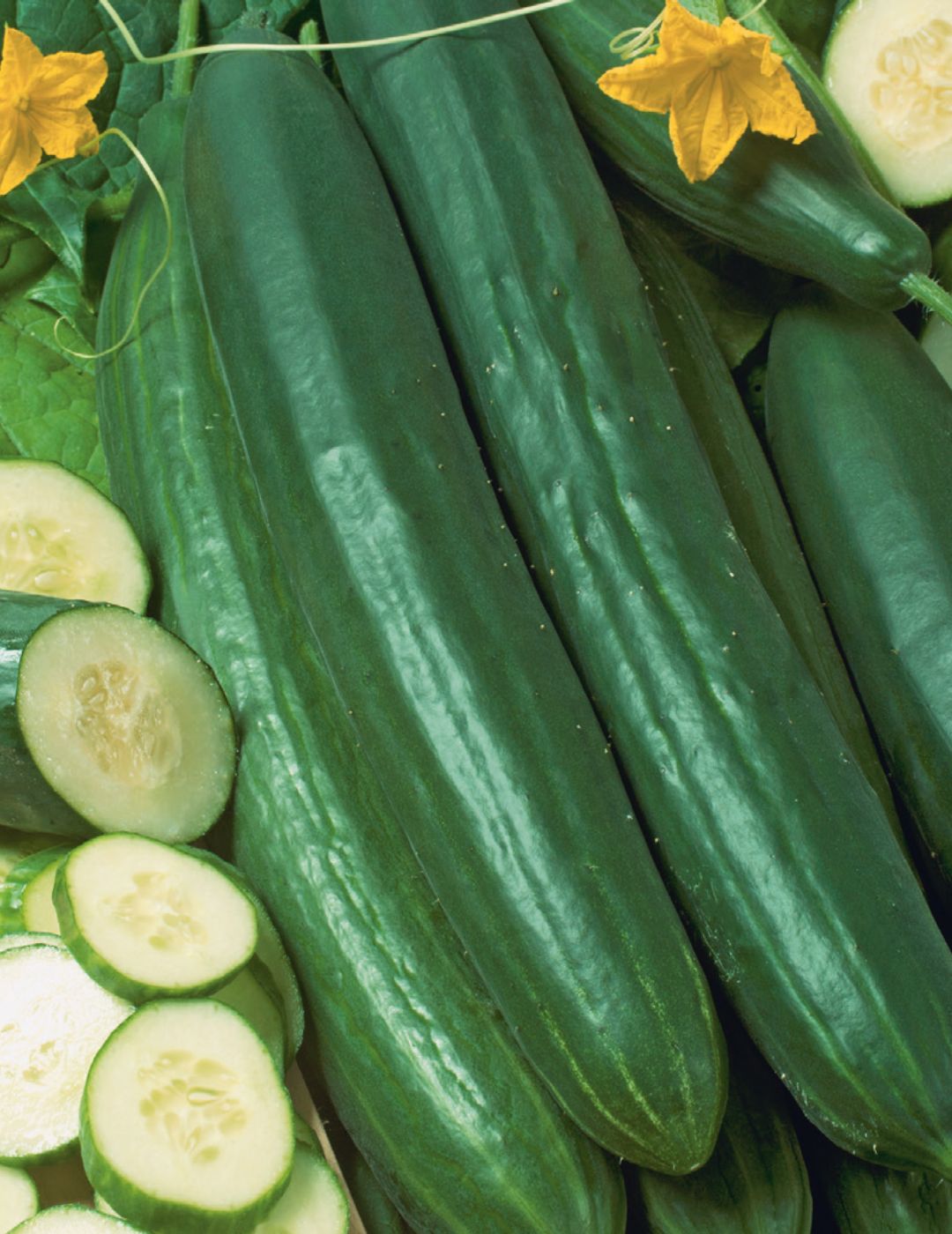
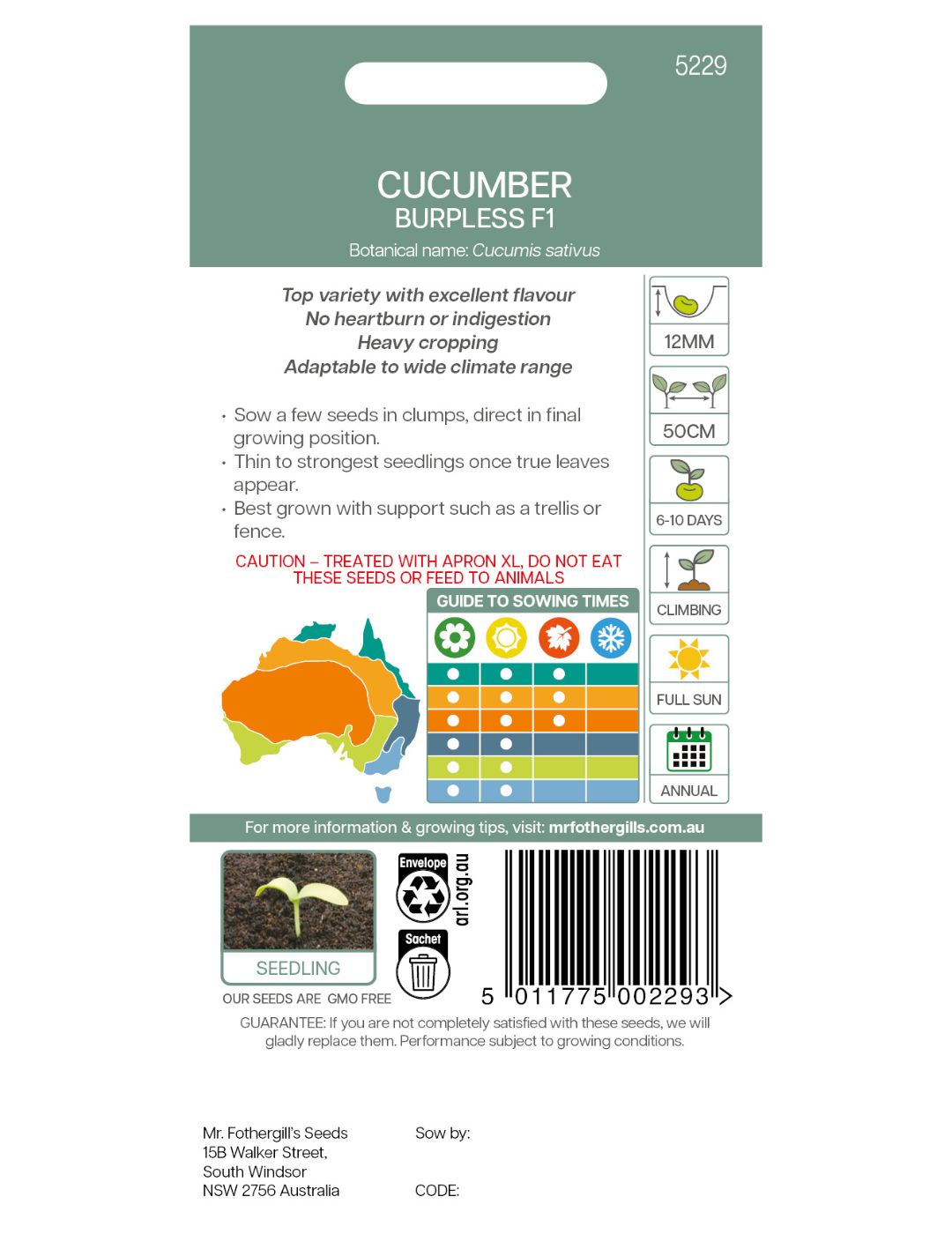
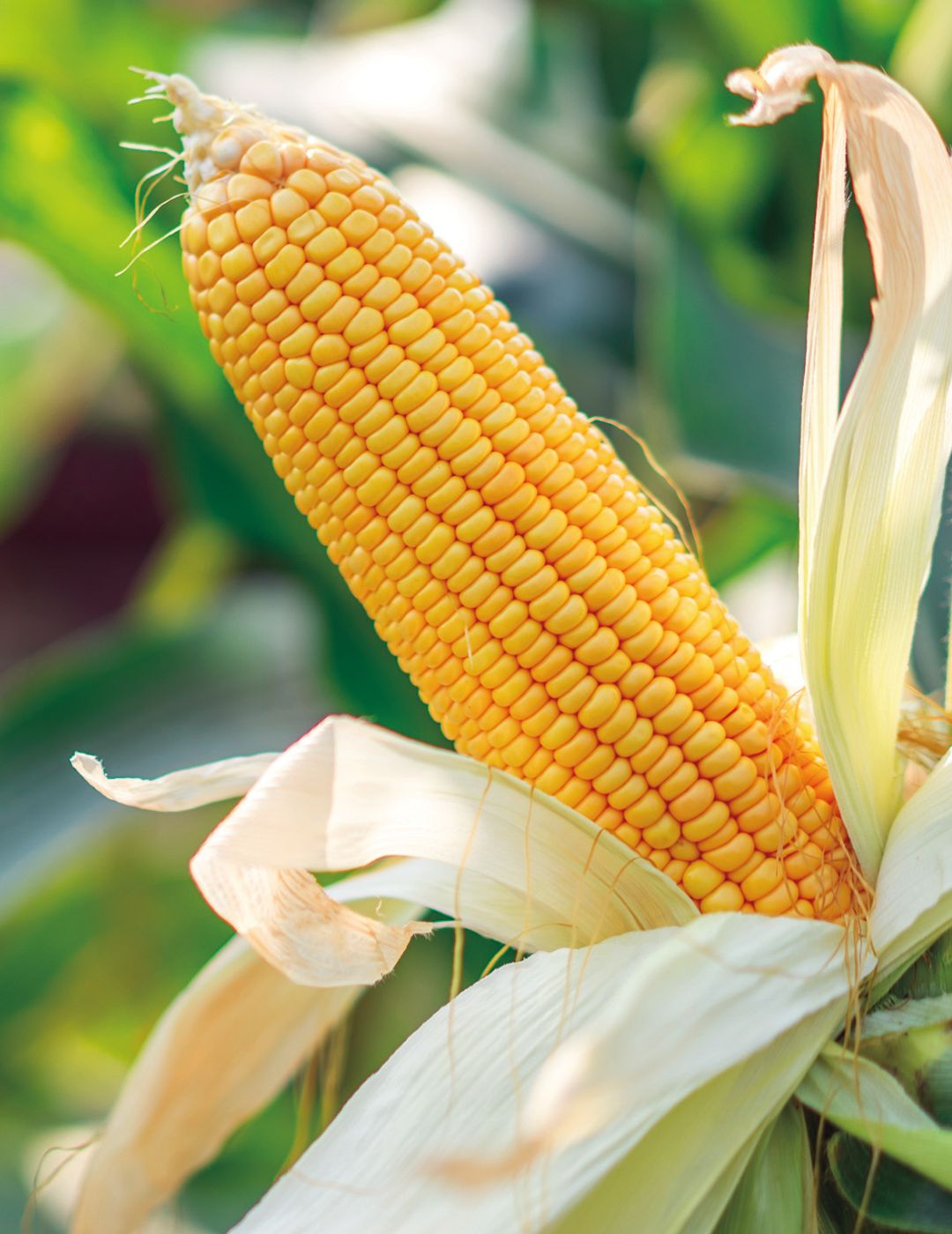
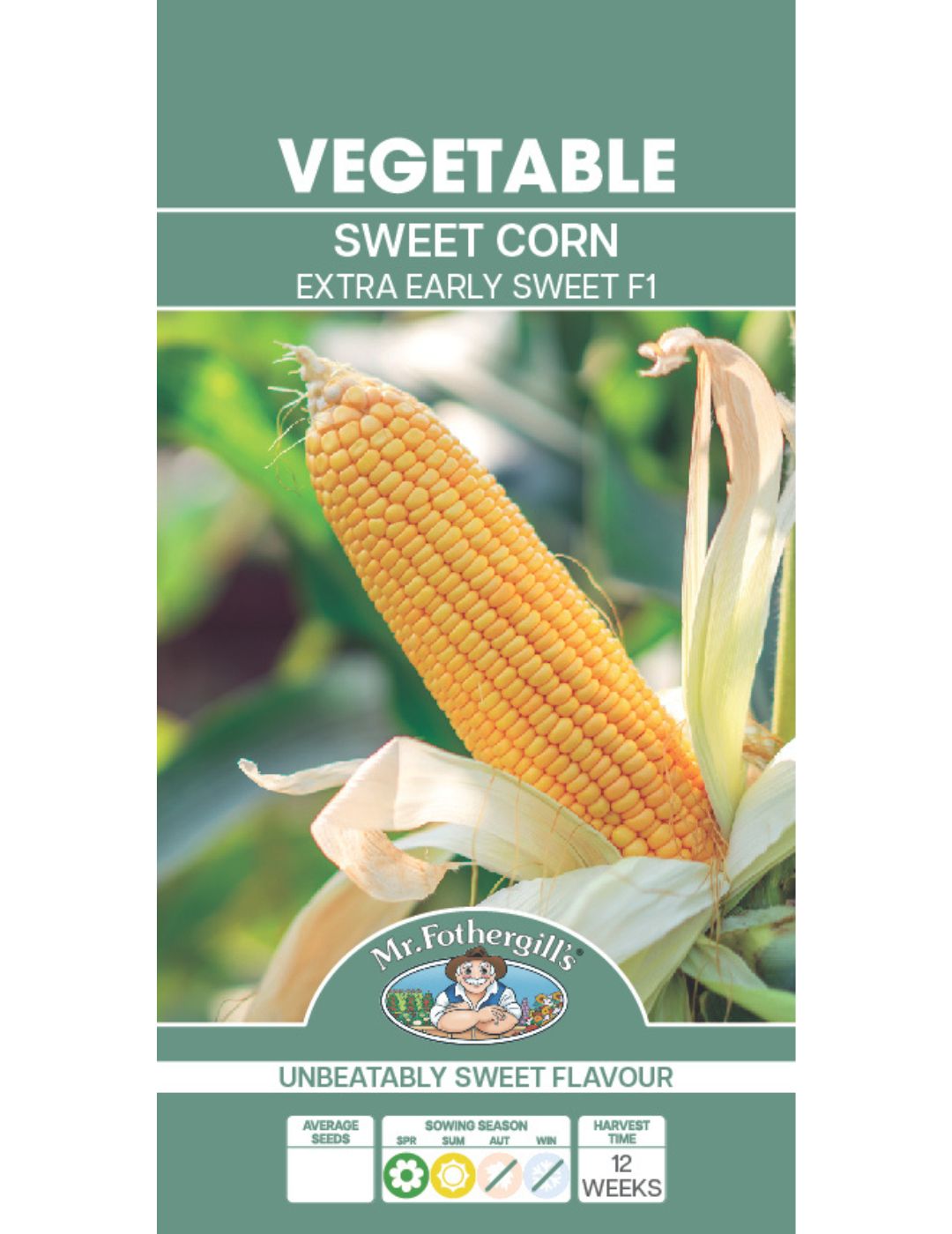
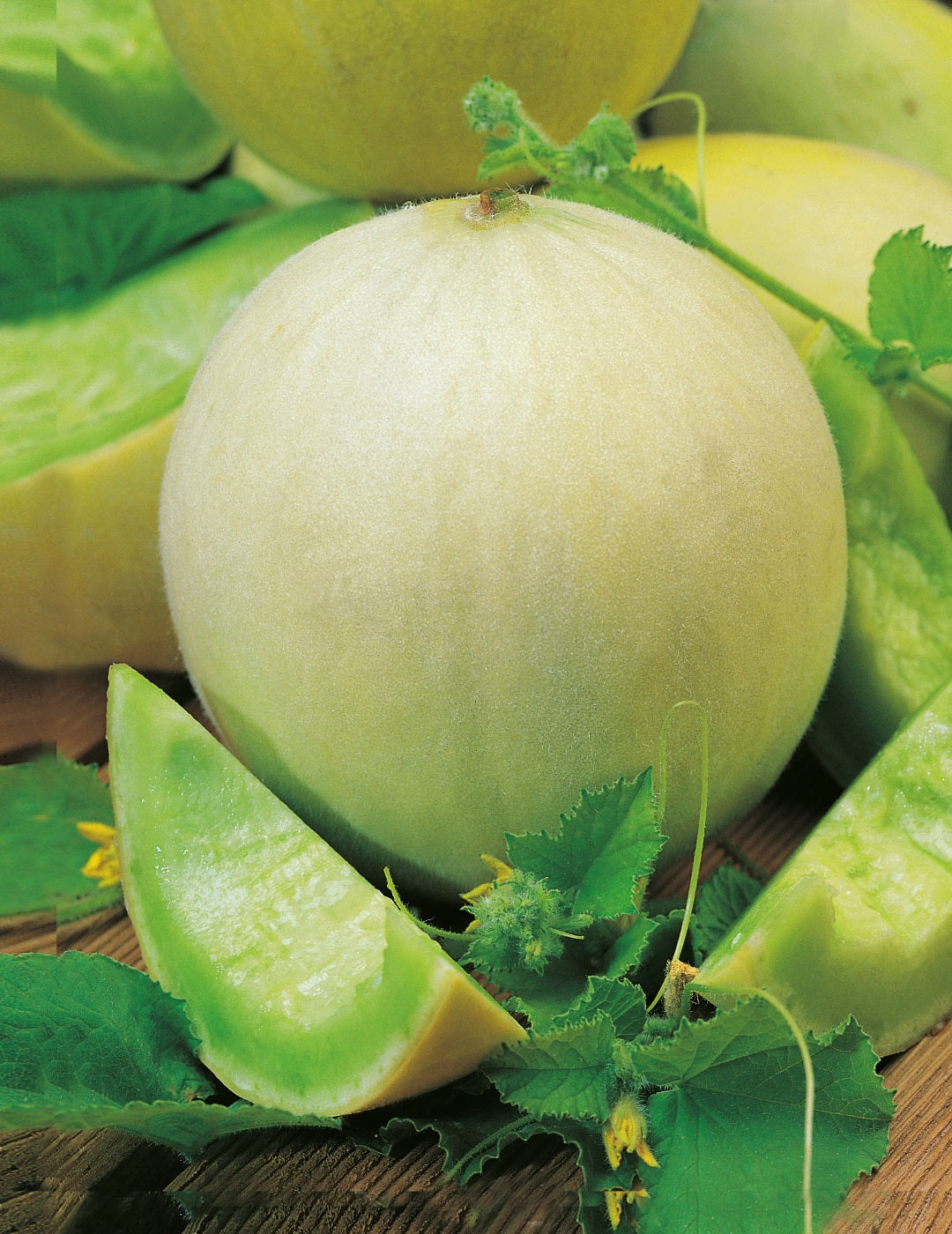
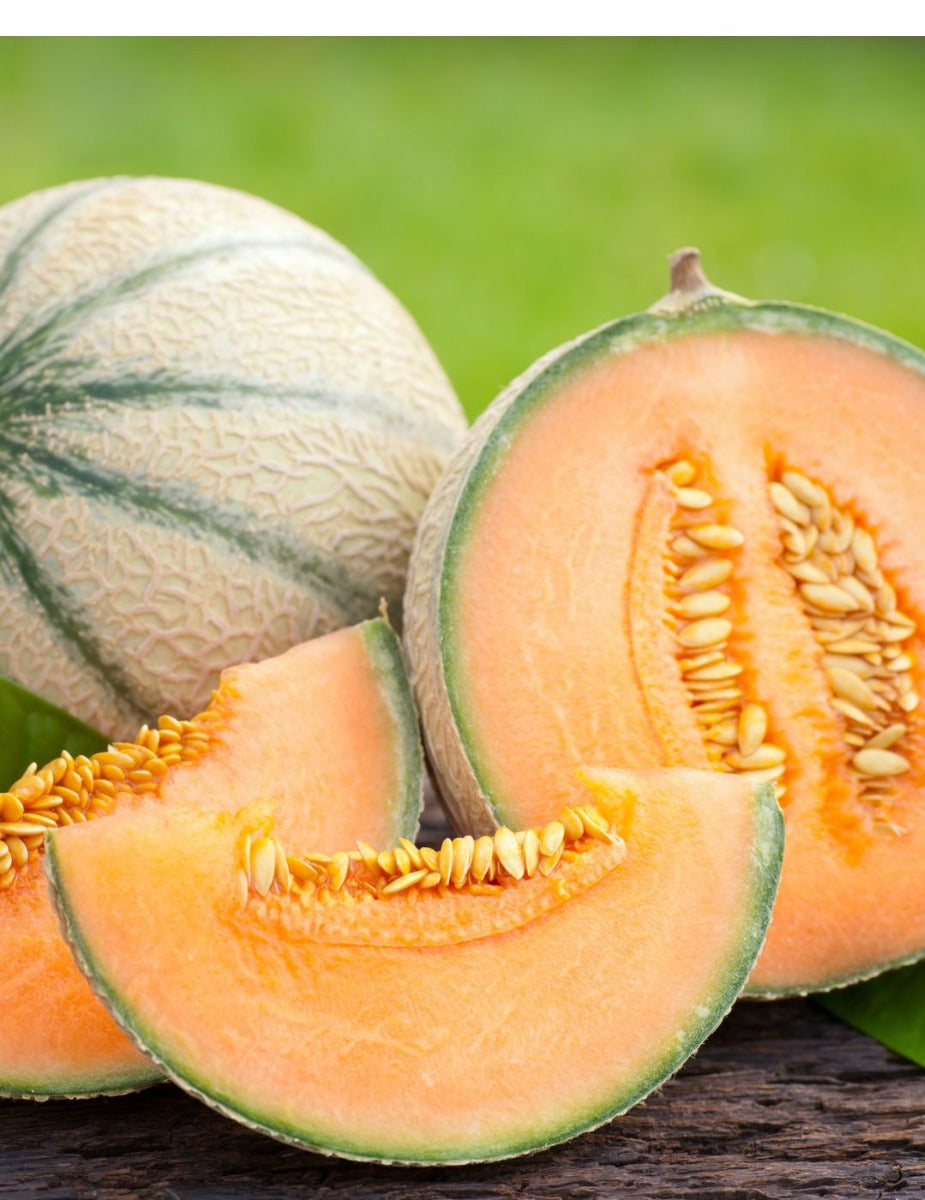
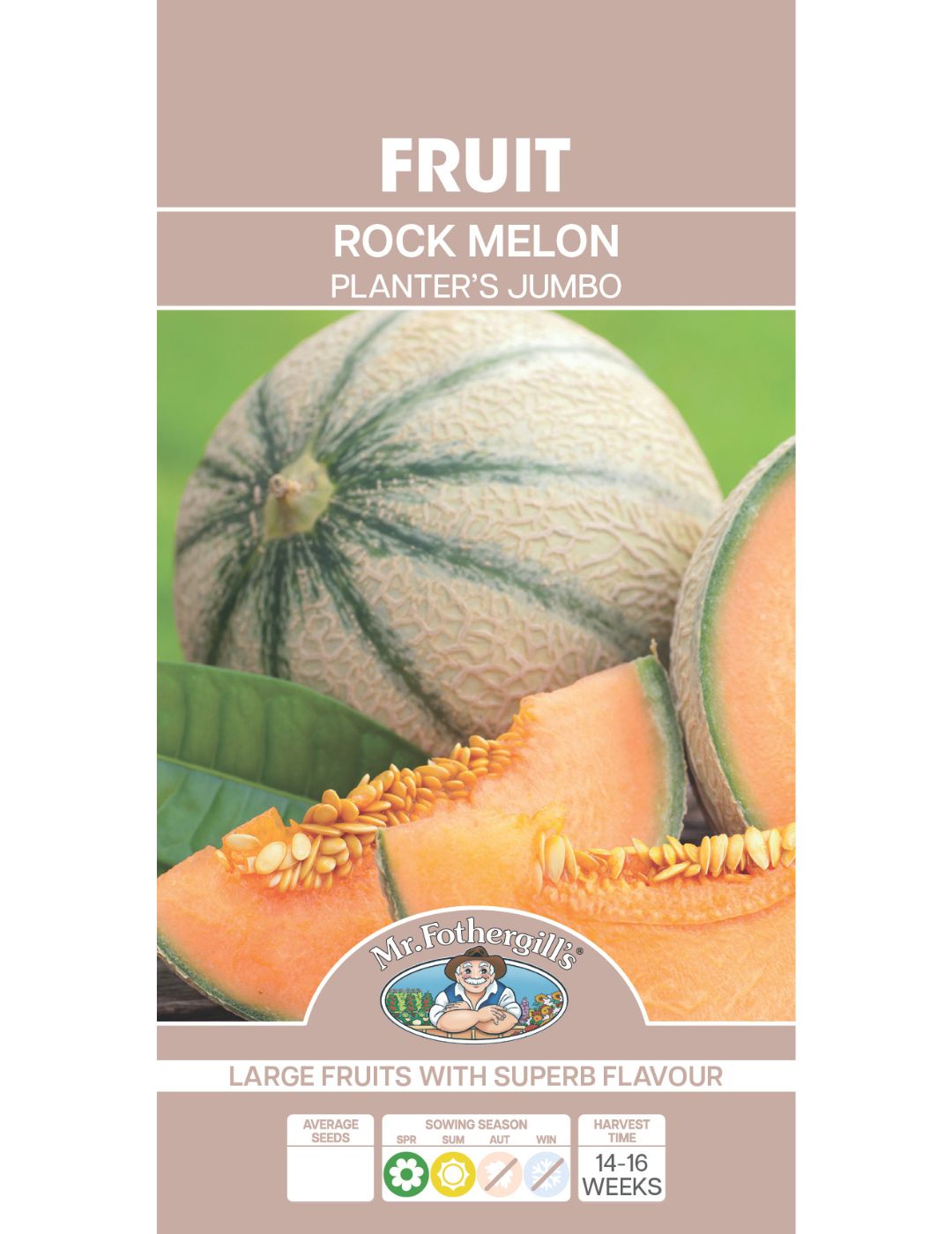
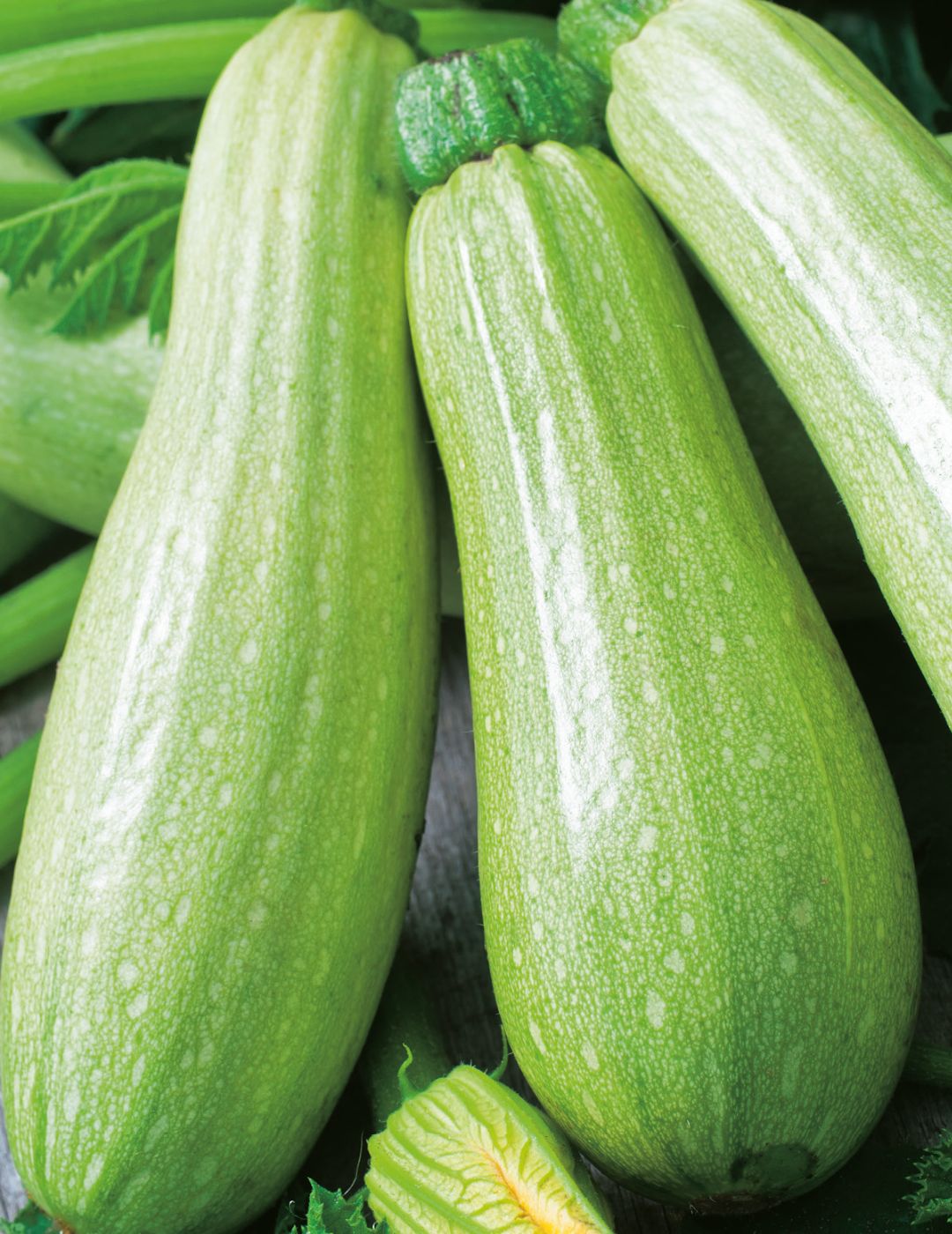
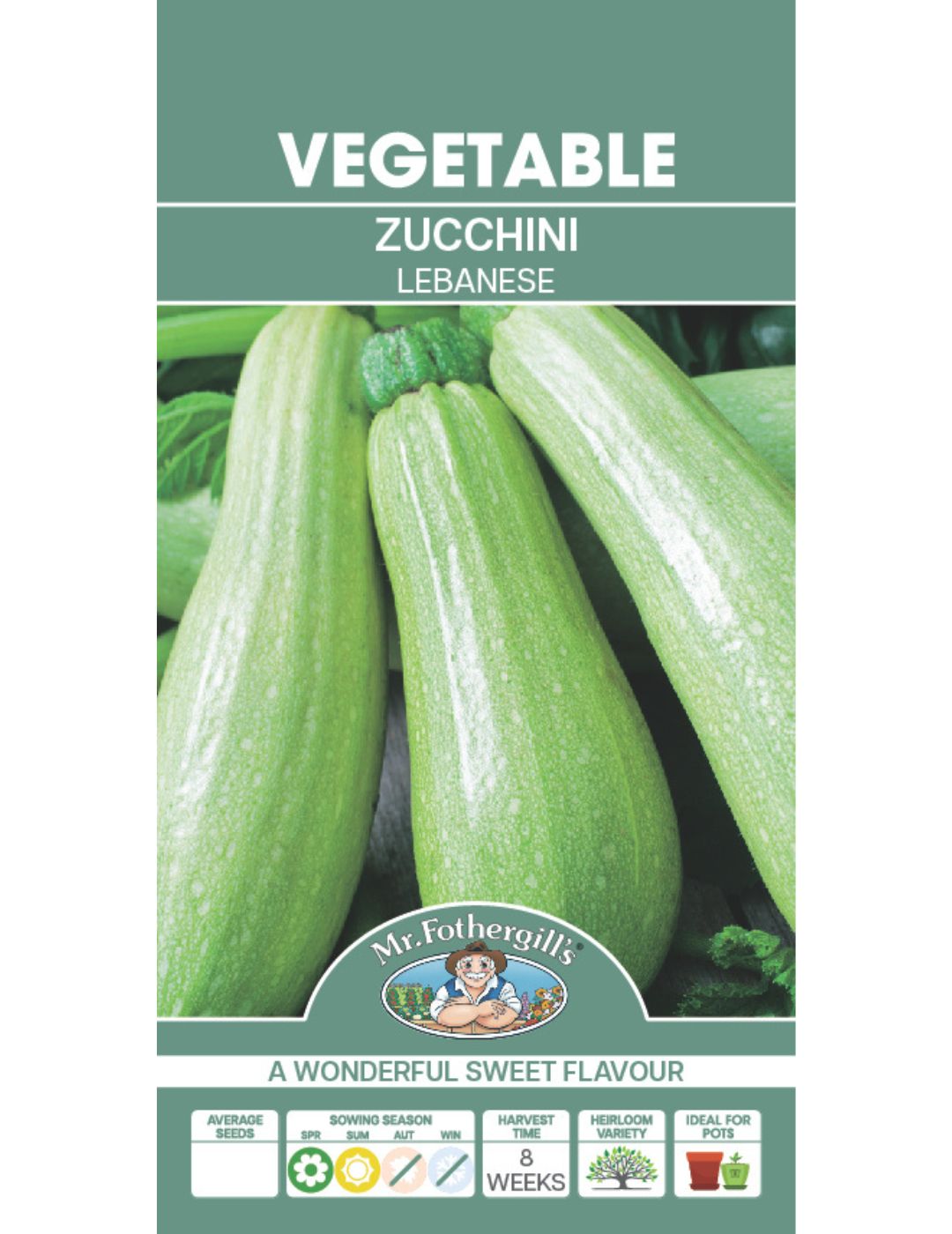
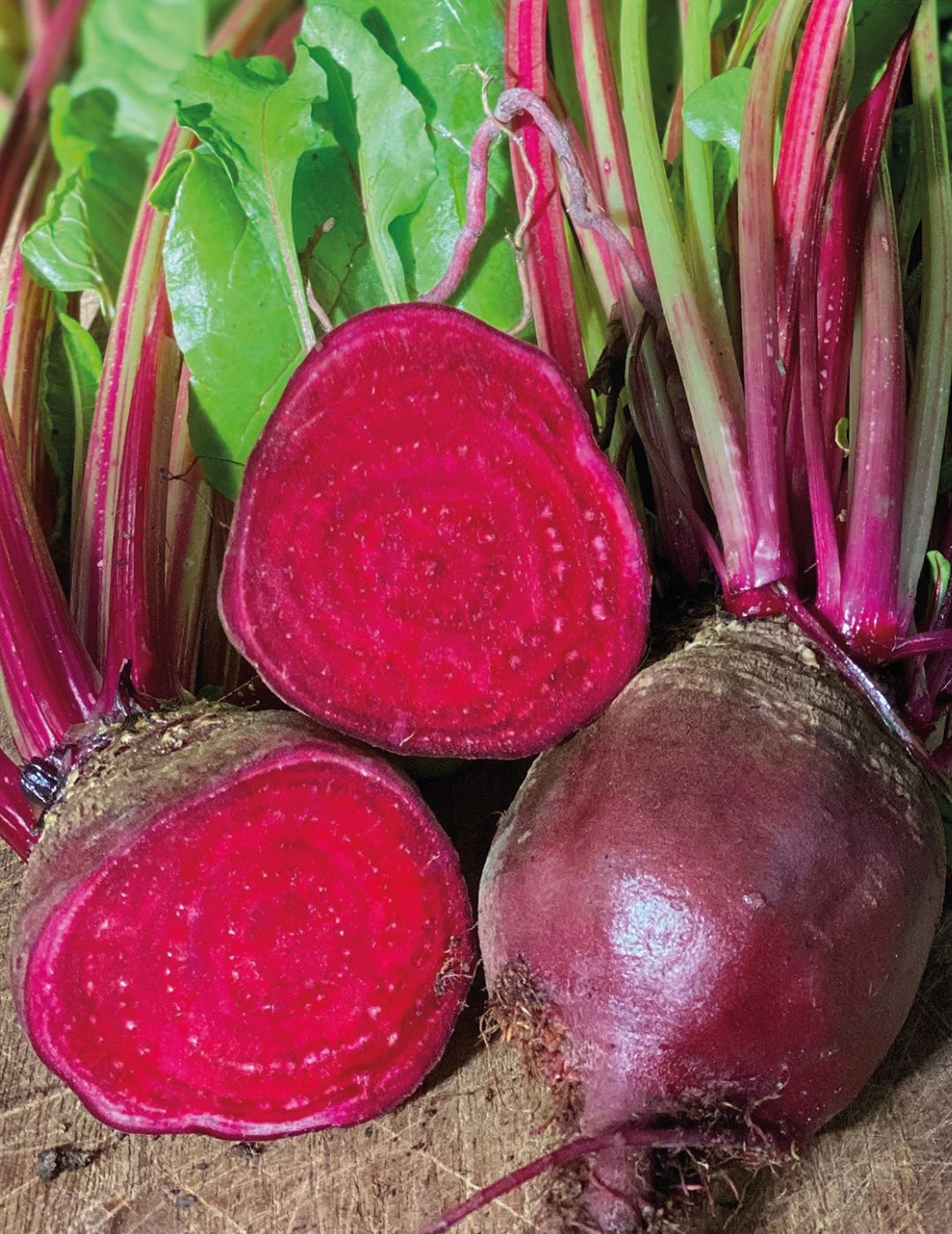
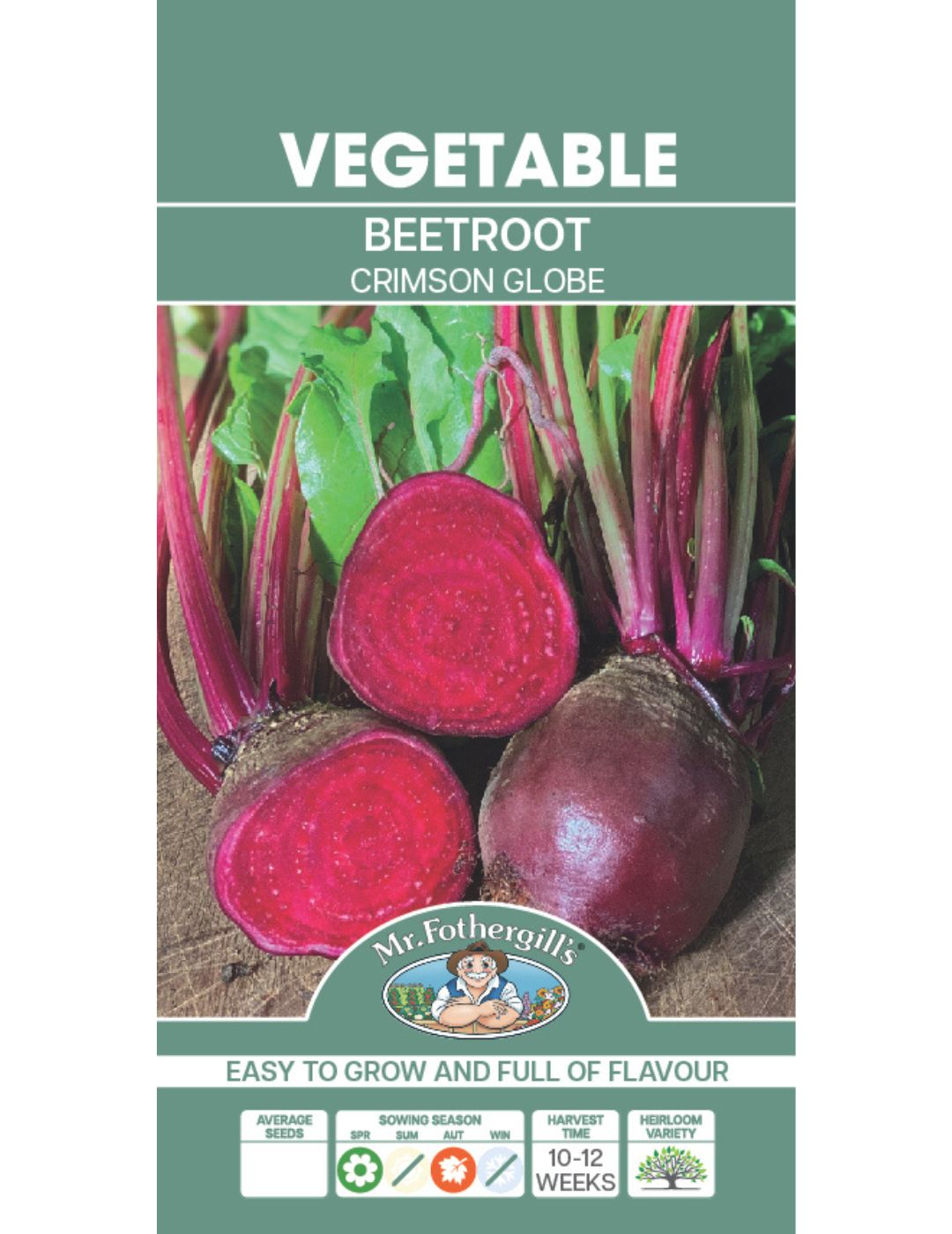
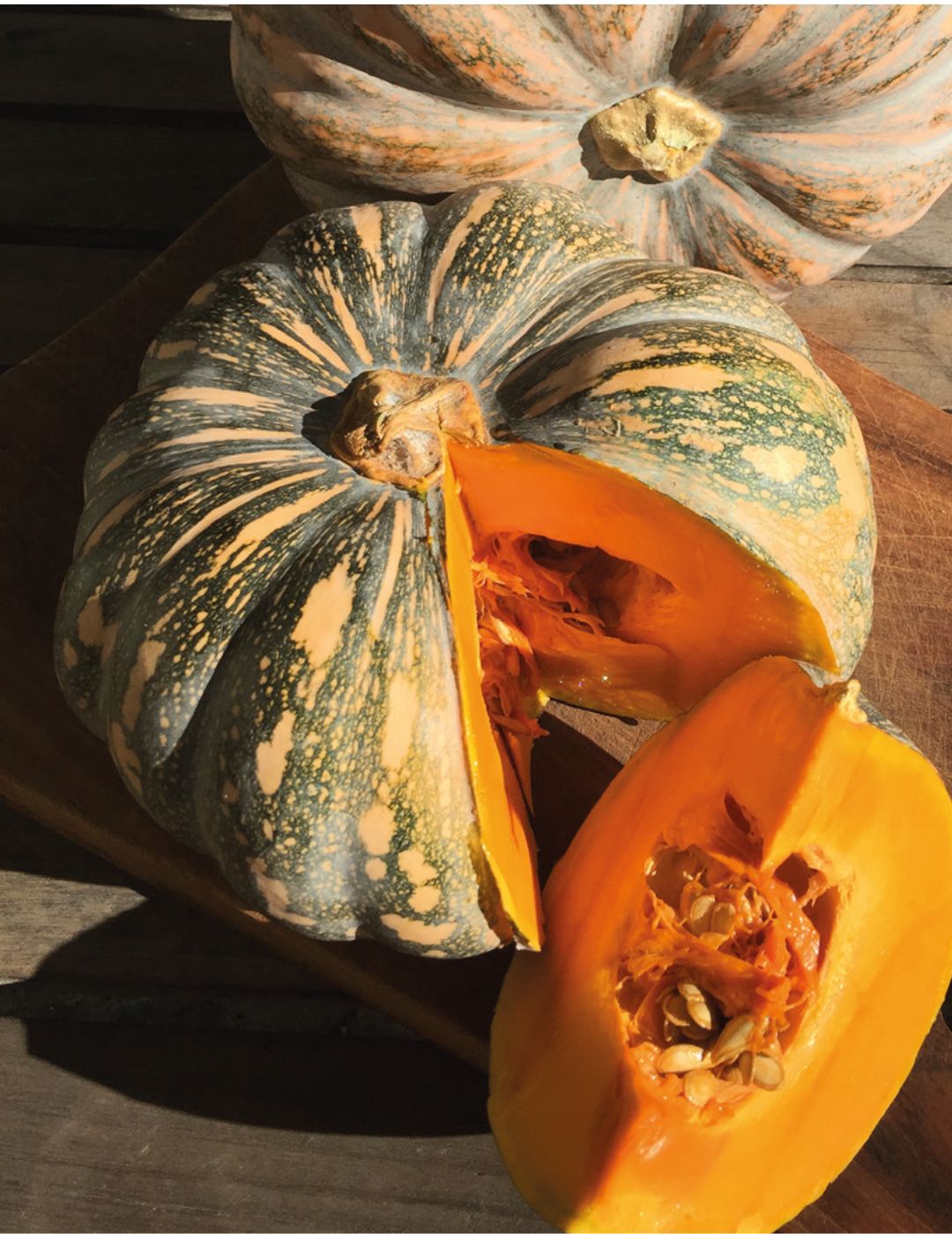
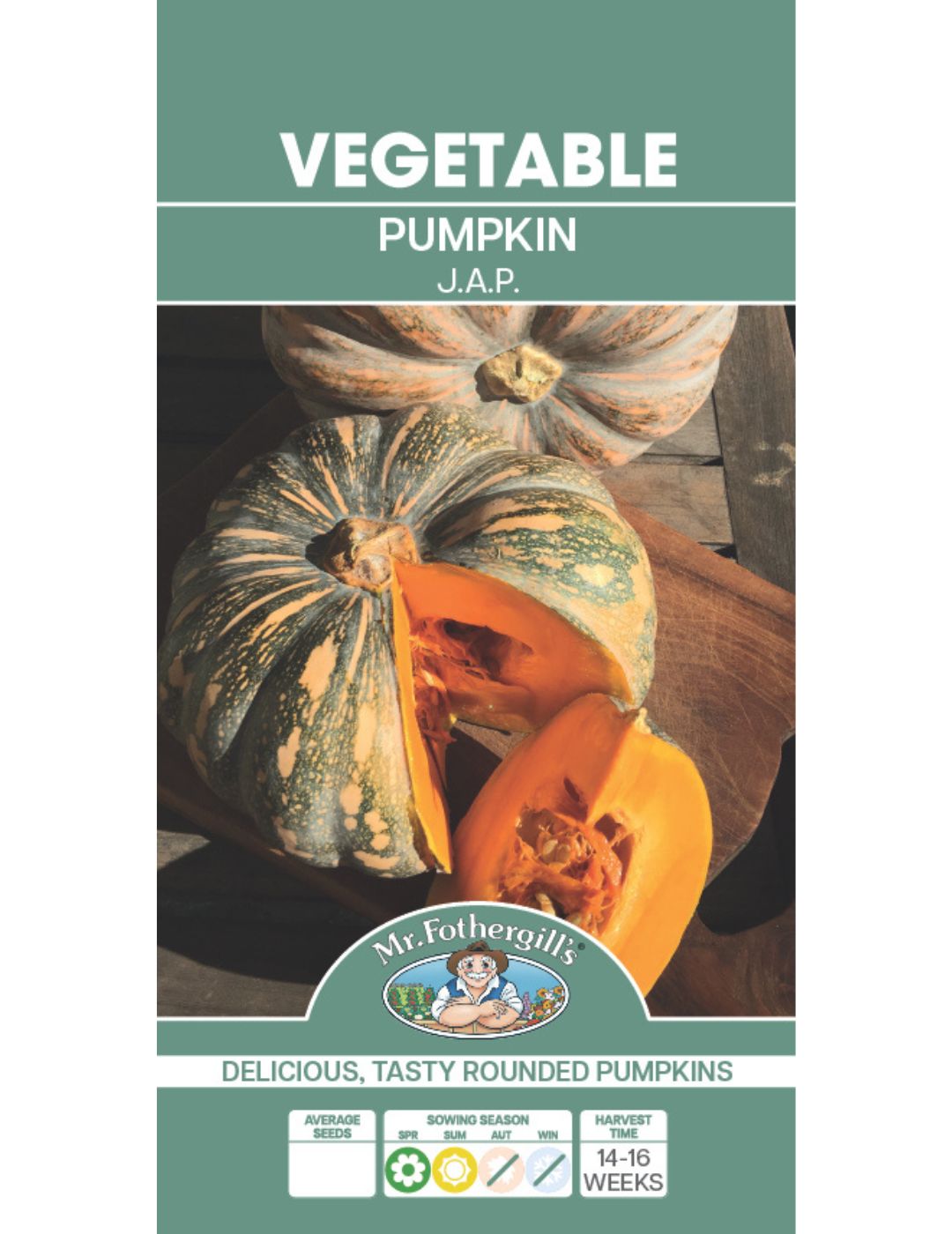
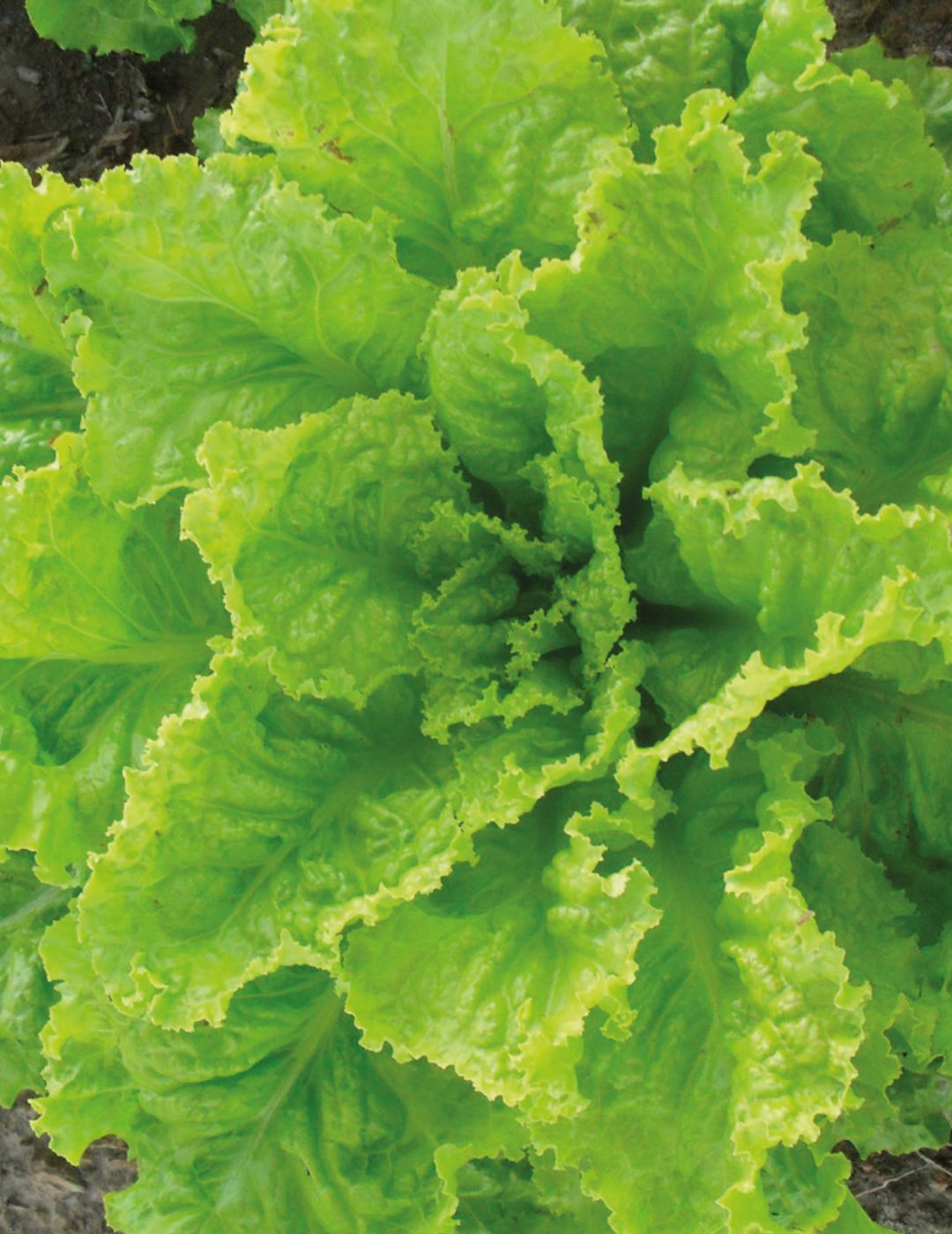
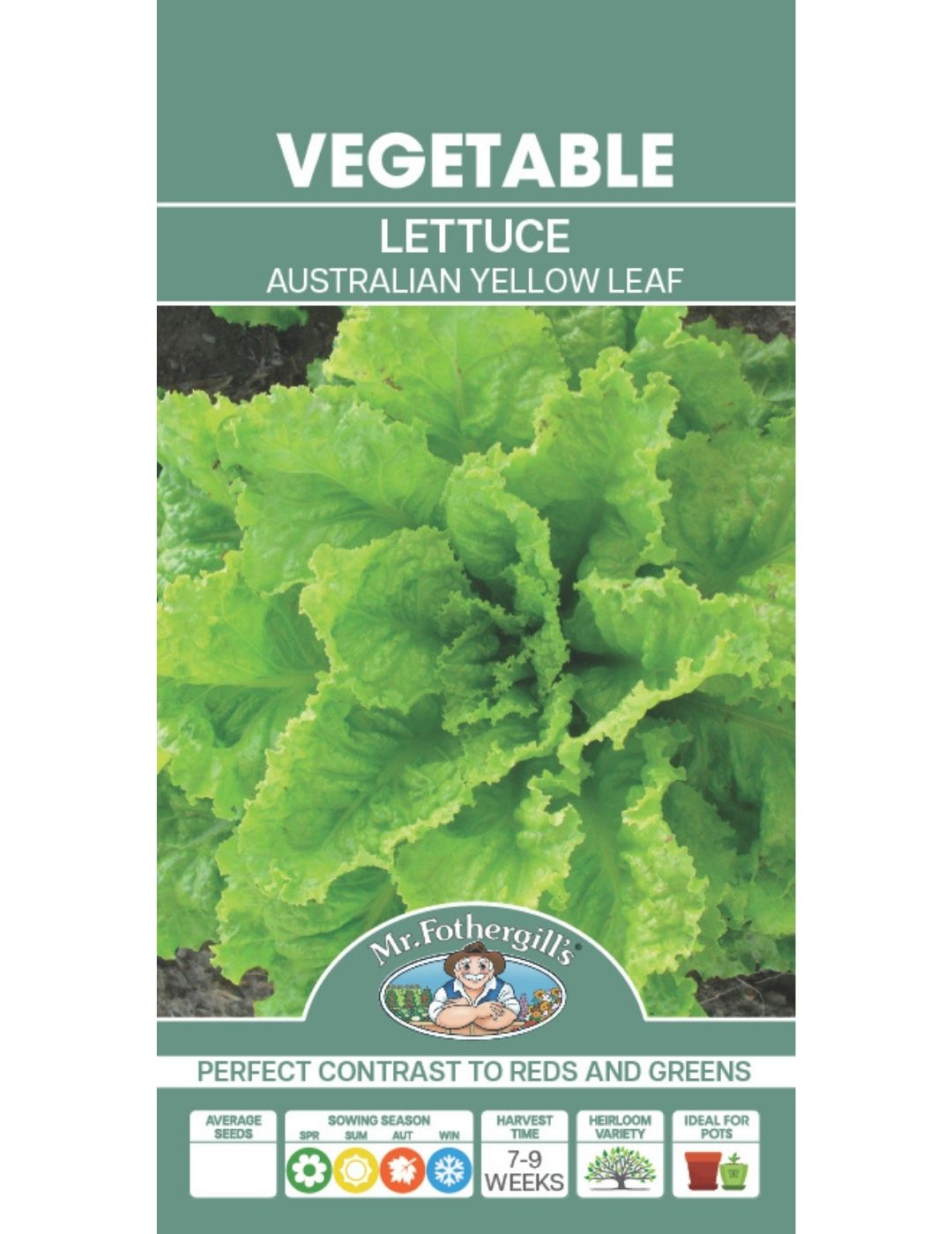
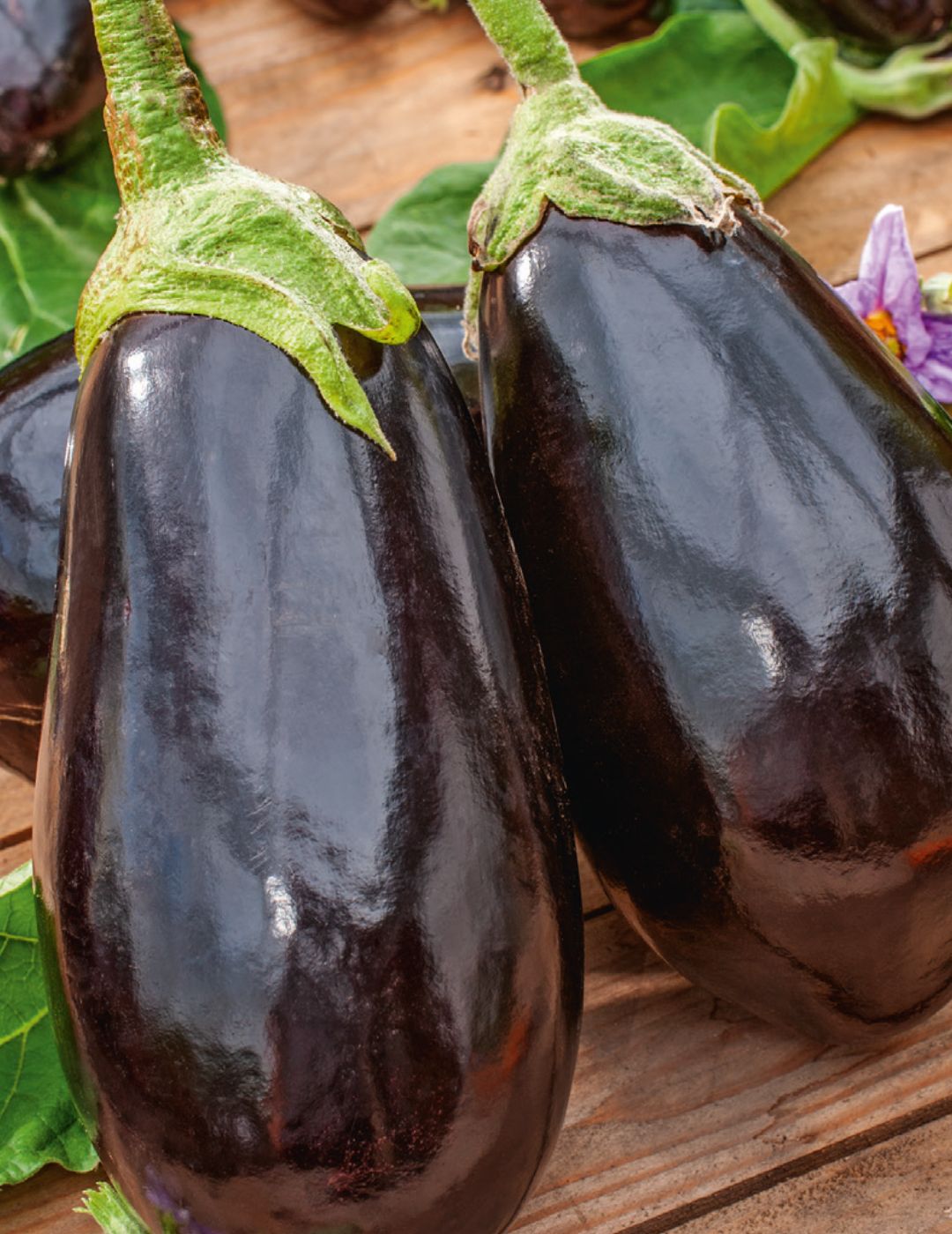
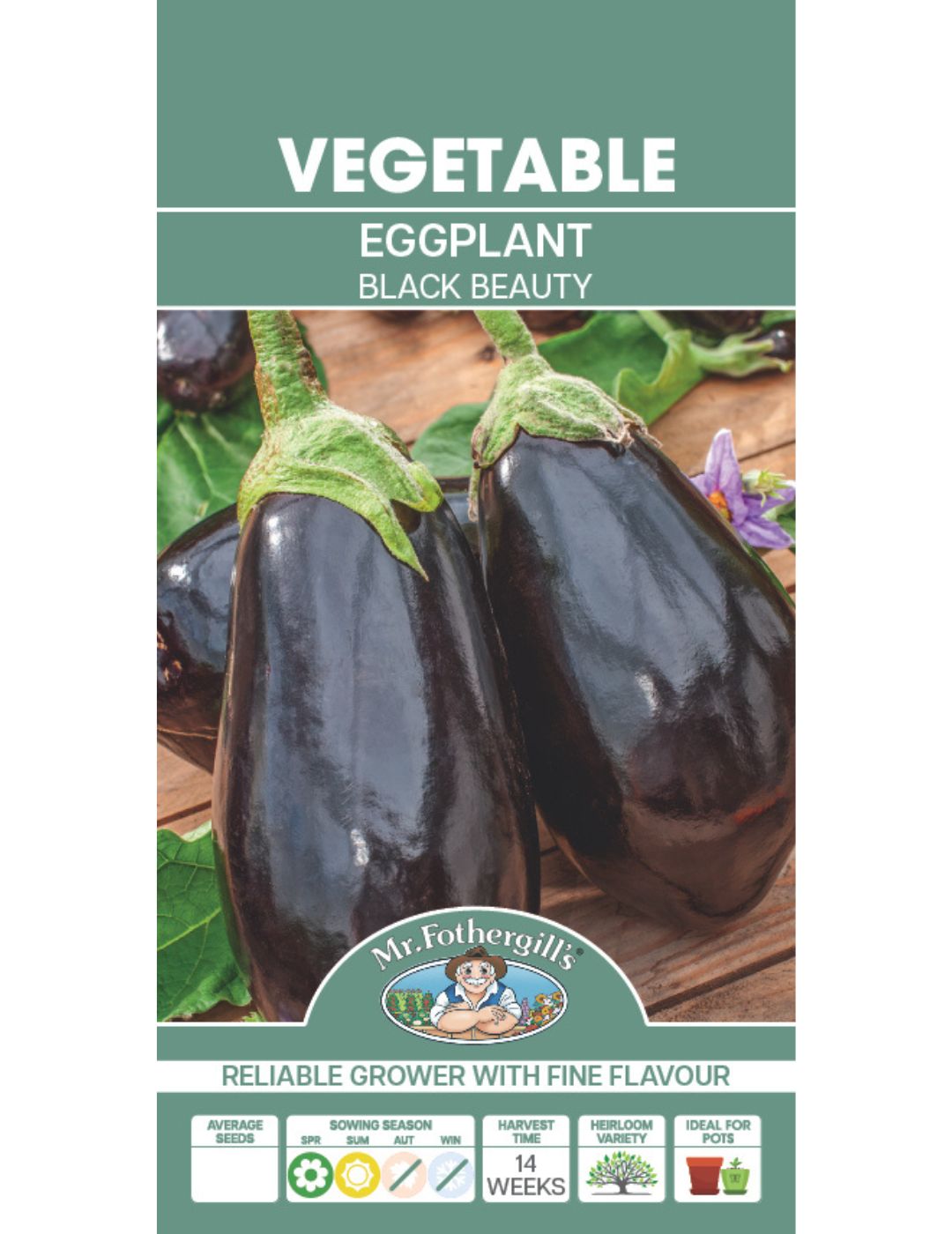
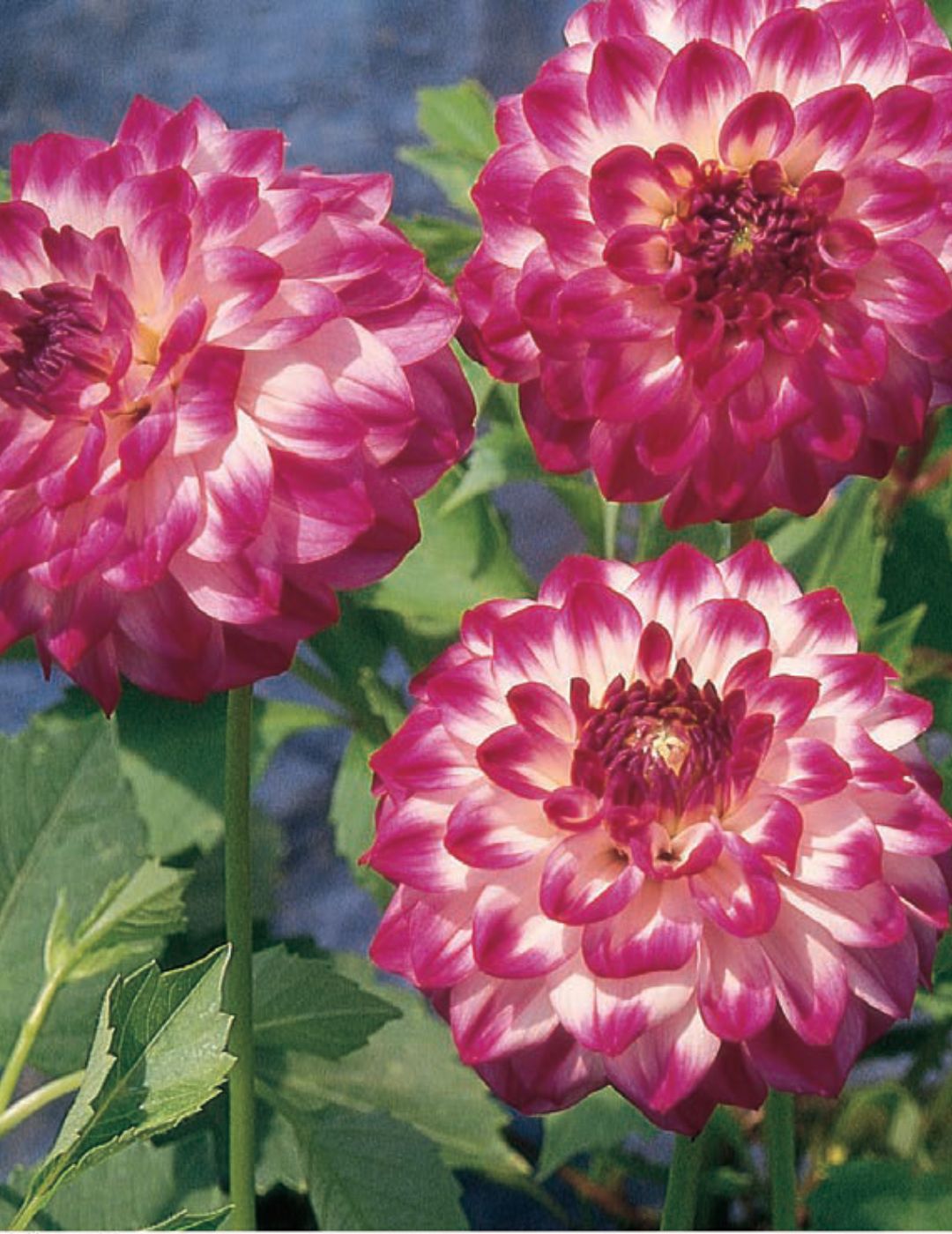
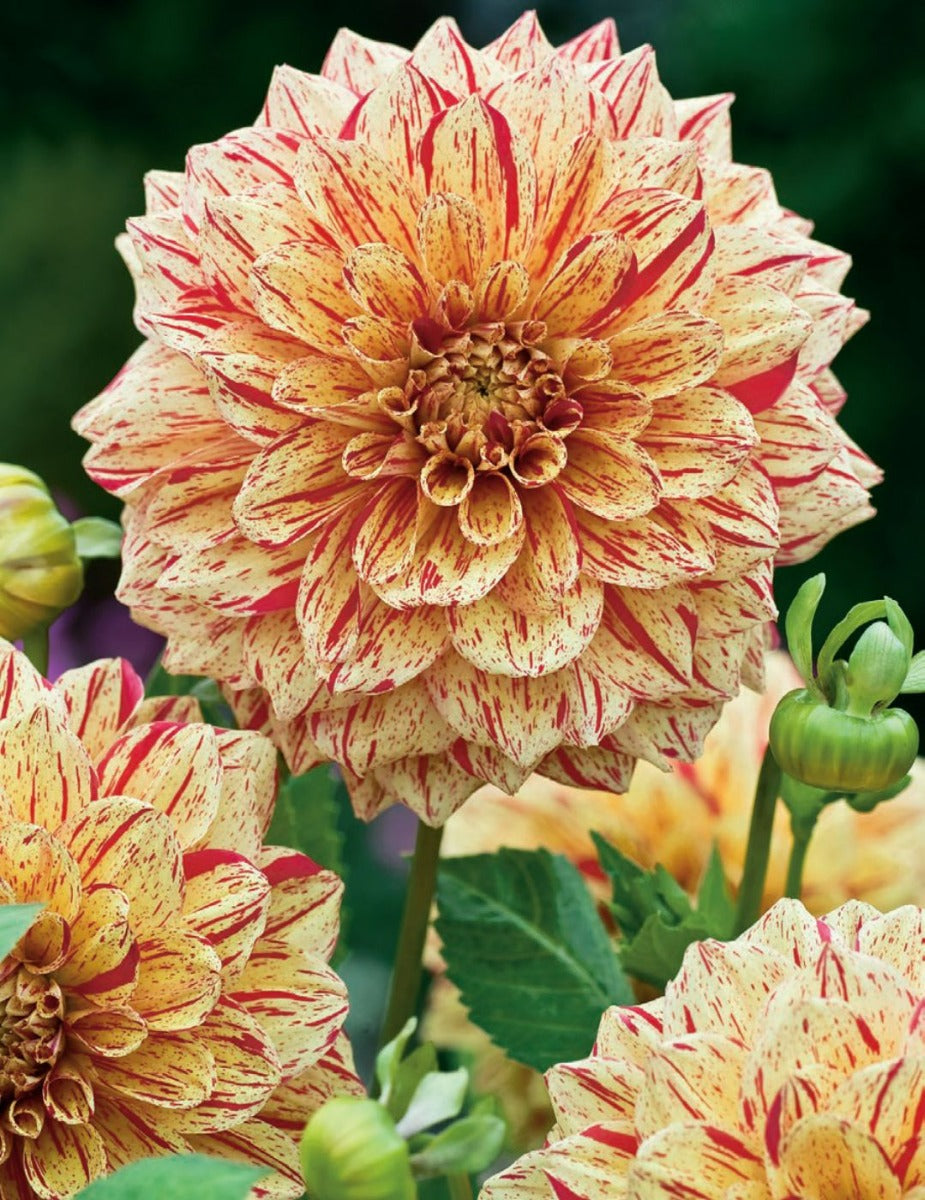
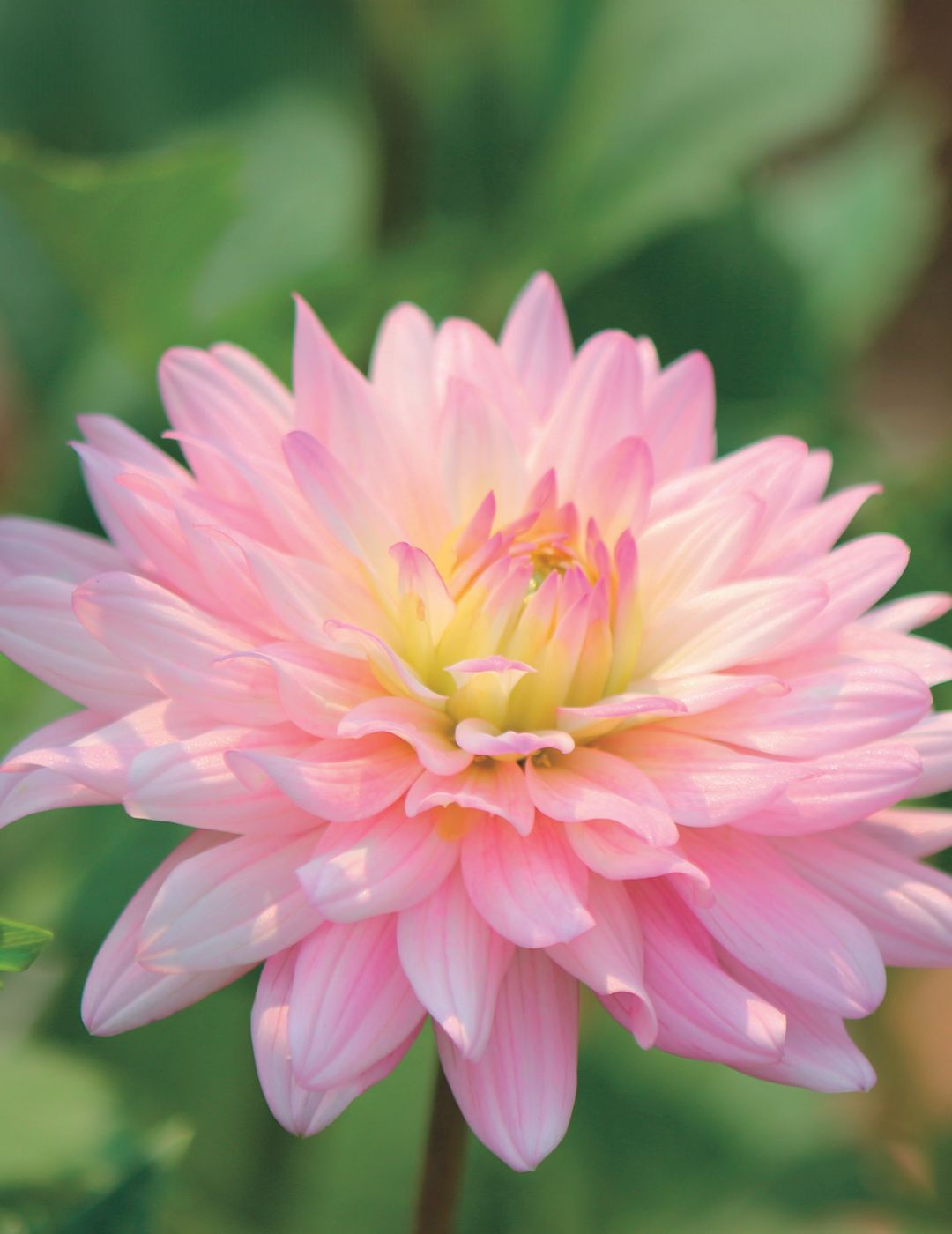
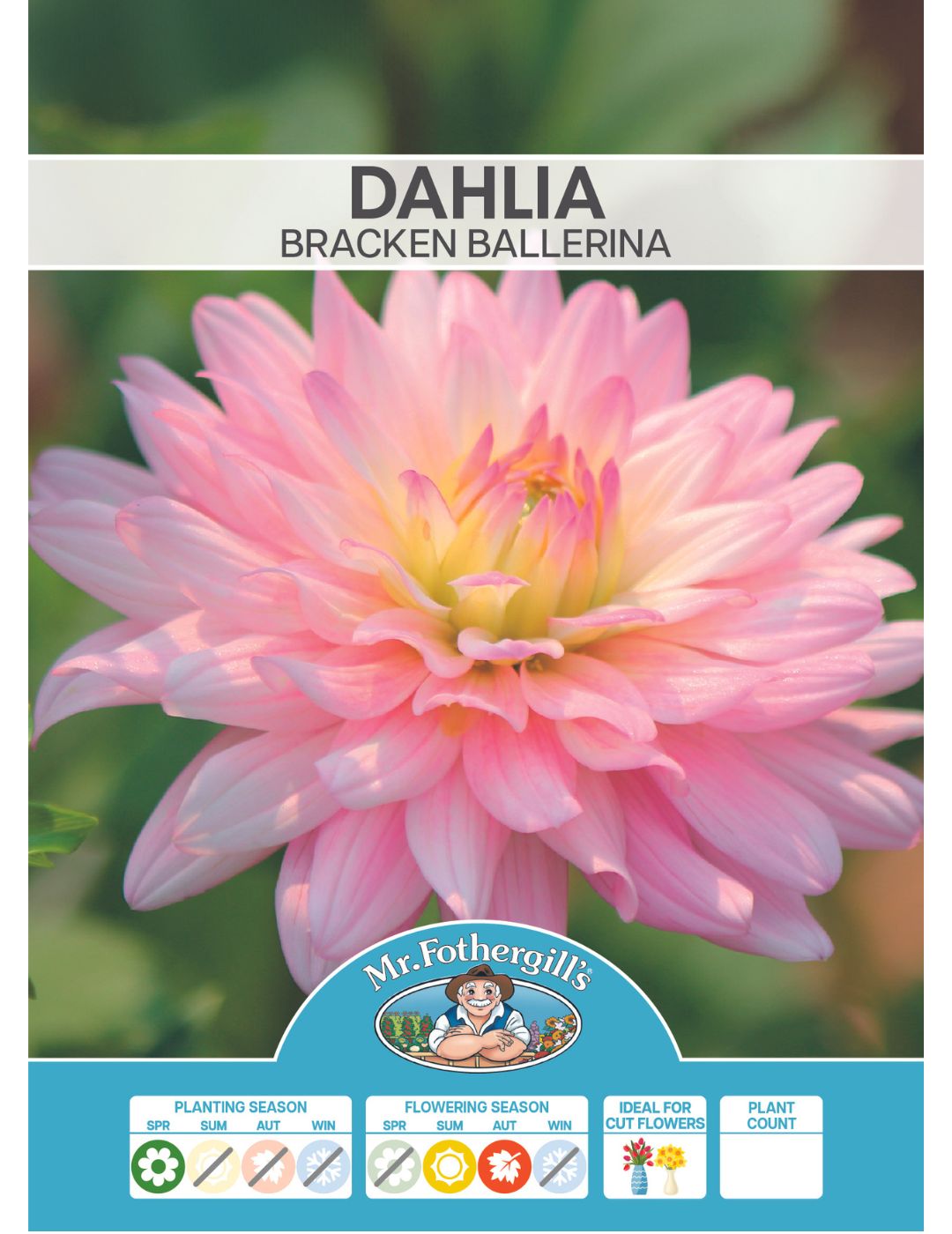
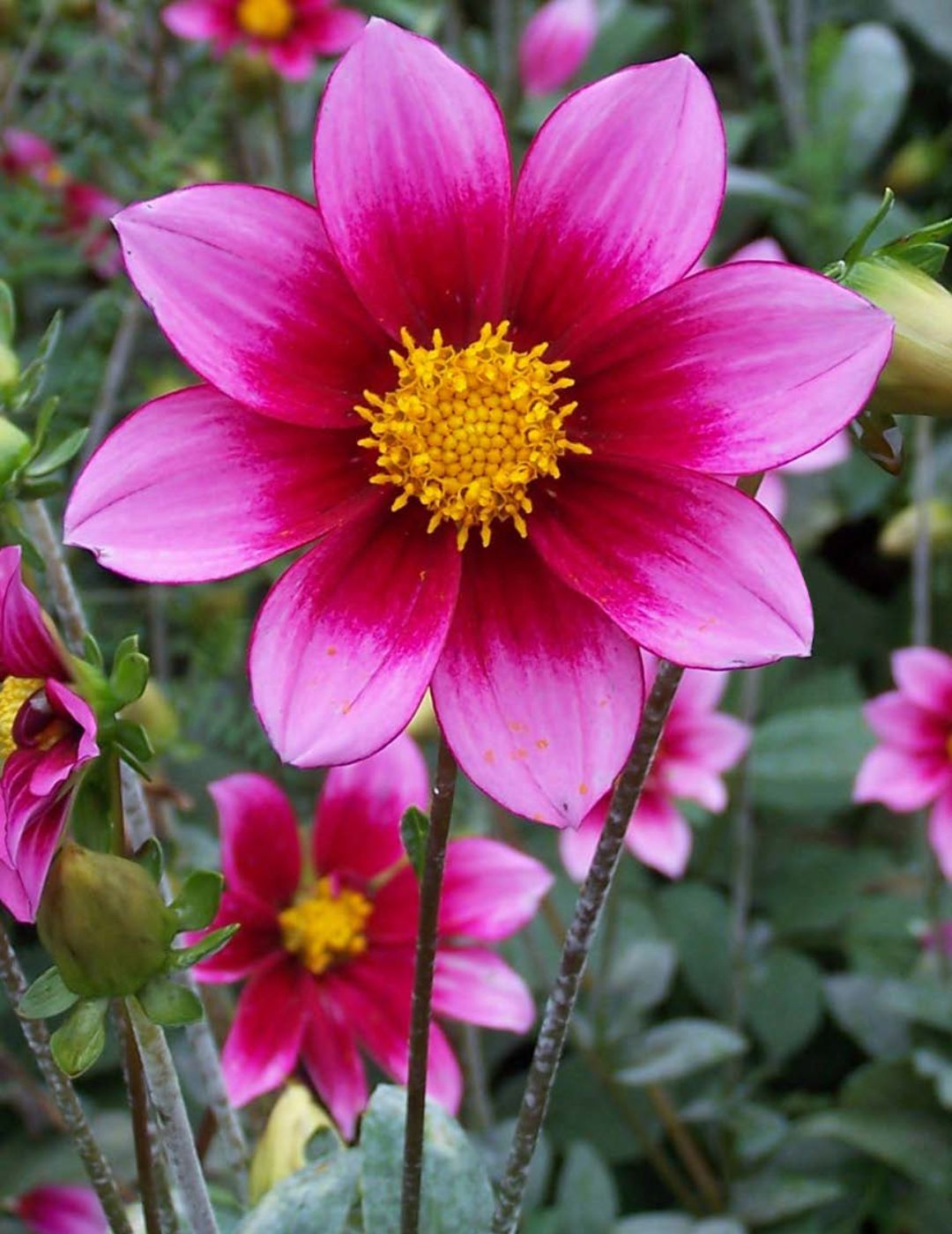
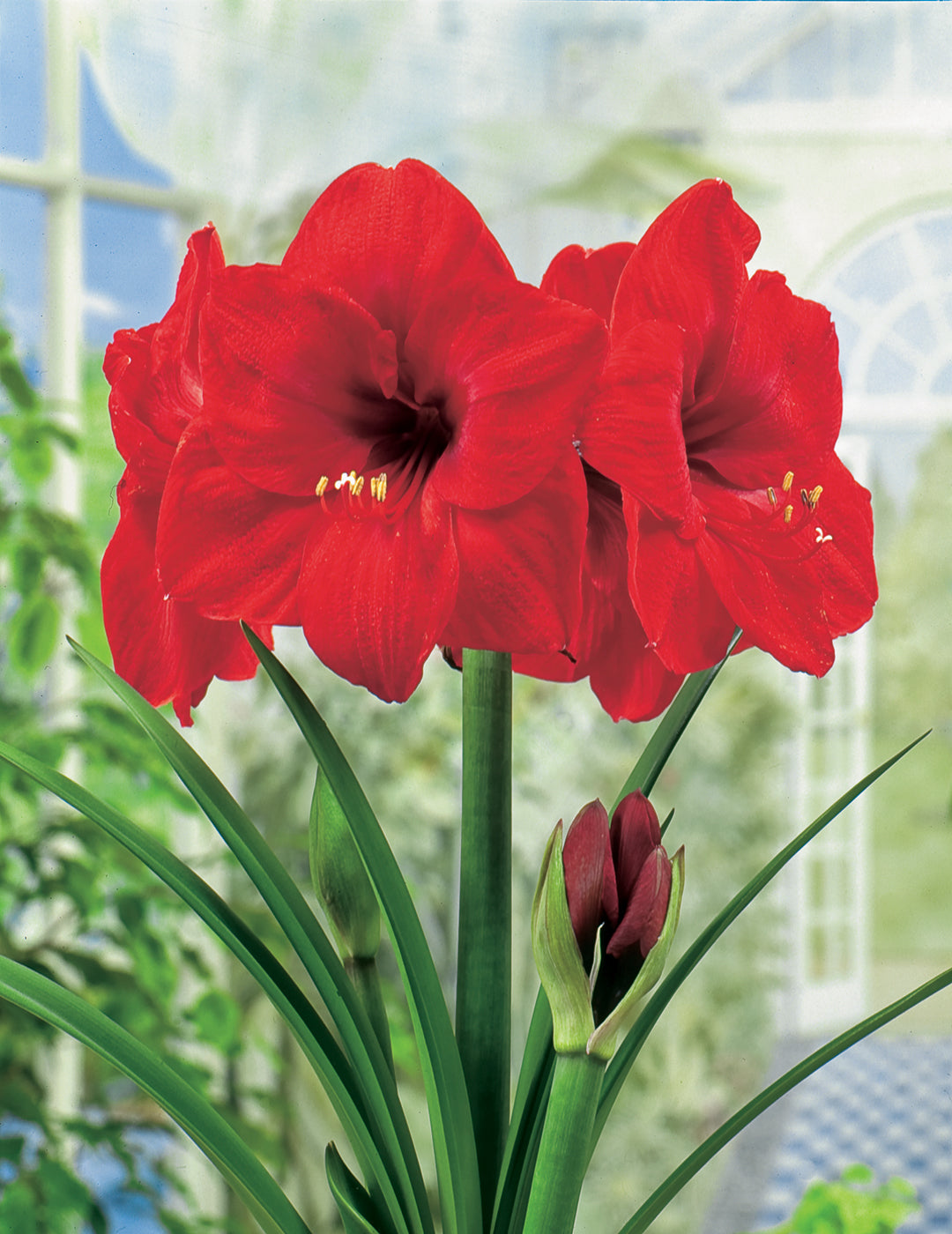
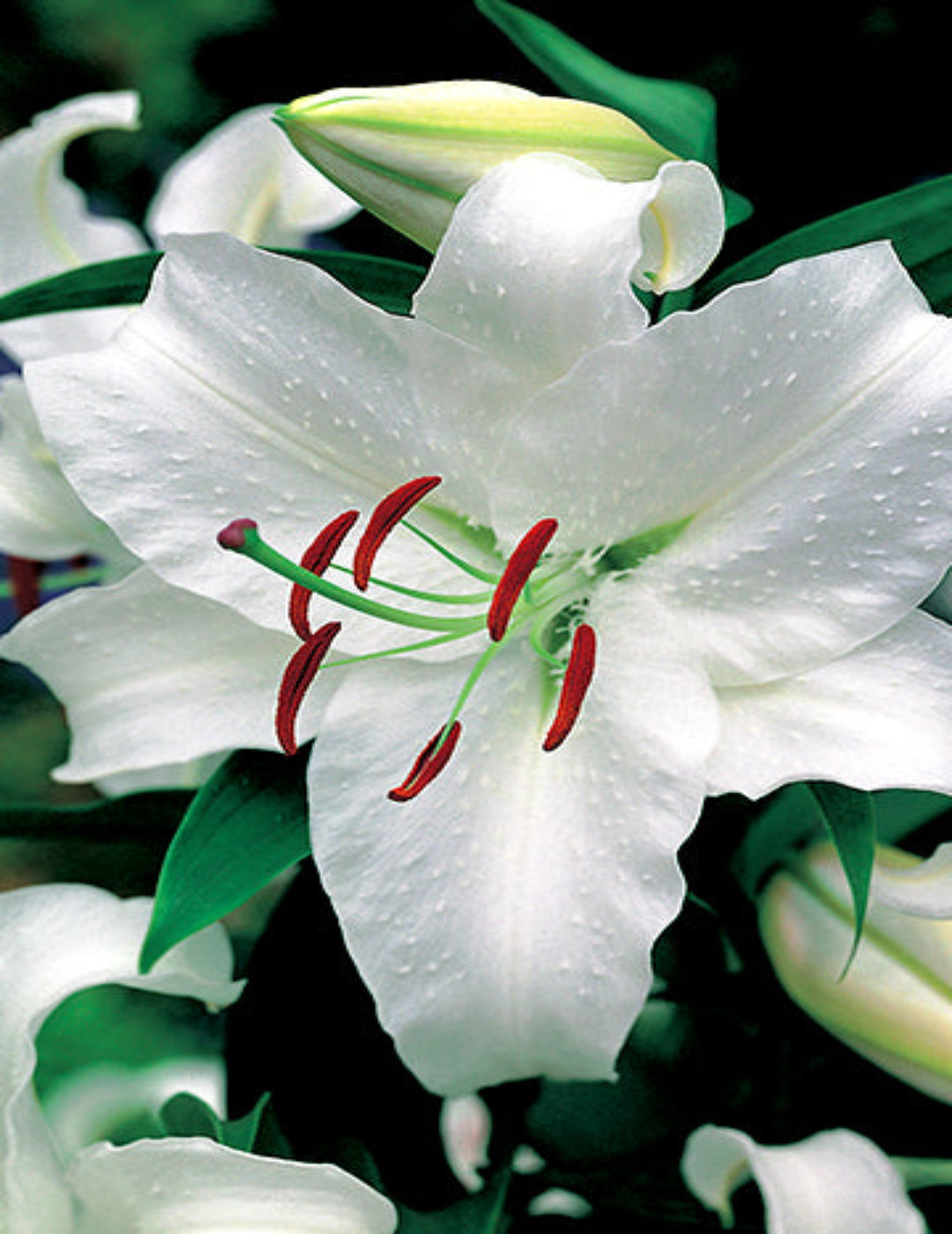

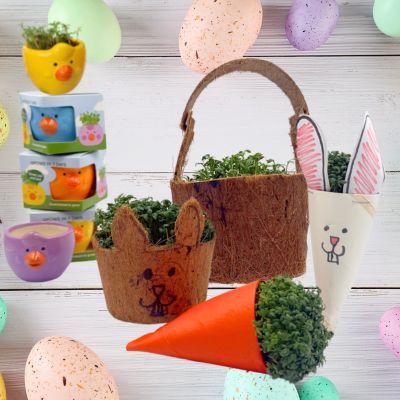



Leave a comment
All comments are moderated before being published.
This site is protected by hCaptcha and the hCaptcha Privacy Policy and Terms of Service apply.